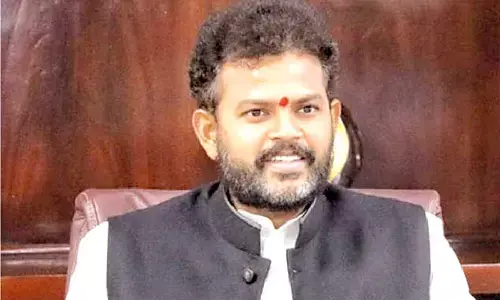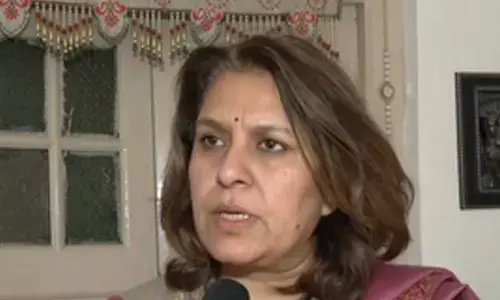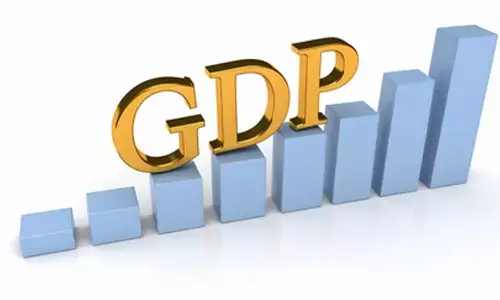Complaints from ATM users growing: Ombudsman

As the usage of Automated Teller Machine (ATM) is rising day-by-day, the Banking Ombudsman is getting increased complaints, according to N Krishna Mohan, Banking Ombudsman (BO) for AP. “We are receiving at least 4 to 5 complaints a day connecting to cyber crimes including ATM related disputes between banks and their customers,” Krishna Mohan told reporters at a annual press meet.
Hyderabad: As the usage of Automated Teller Machine (ATM) is rising day-by-day, the Banking Ombudsman is getting increased complaints, according to N Krishna Mohan, Banking Ombudsman (BO) for AP. “We are receiving at least 4 to 5 complaints a day connecting to cyber crimes including ATM related disputes between banks and their customers,” Krishna Mohan told reporters at a annual press meet.
Out of total complaints received in the state, over 18 per cent related to ATMs, Credit and Debit cards, he added. Recounting the nature of complaints, Krishna Mohan revealed that the BO is still receiving harassment cases by collection agents and non implementation of settlements conveyed orally through telephone settlements, besides transaction disputes and frauds.
Further, Krishna Mohan said there is a spurt in the number of complaints relating to internet banking, more of frauds involving phishing and compromise of security information. “We also found in our investigation that the mobile services providers are easing out KYC norms while issuing duplicate SIM cards, enabling the fraudsters getting the duplicate SIMs of bank customers easily,” he pointed out. On counterfeit notes, Krishna Mohan said that the Ombudsman can be approached, if banks create problems with the customers.
“Up to four notes (counterfeit), there is no need to file FIR, the banks needs to communicate to police for further investigation,” he said. According to KR Das, Regional Director, RBI, the counterfeit notes is tricky issue. As the notes circulation is increasing at 17 per cent a year, the problem would further multiply
















